Nestled high in the Himalayas, Bhutan is renowned for its Gross National Happiness Index, a measure aimed at ensuring the well-being of its citizens. But what does this really mean for the people who live there? The story of Bhutan is a captivating blend of tradition and modernity, where ancient Buddhist practices meet the challenges of the 21st century.
A Unique Approach to Happiness: The Gross National Happiness Index
The concept of Gross National Happiness (GNH) is central to Bhutan’s identity. Unlike the GDP-focused metrics of other nations, GNH measures progress based on spiritual, social, and environmental well-being.
The Origins of GNH
Introduced by the fourth King of Bhutan, Jigme Singye Wangchuck, in the 1970s, GNH is rooted in Buddhist values. The idea was to prioritize happiness and well-being over economic growth, an approach that has intrigued and inspired many around the world.
The Four Pillars of GNH
- Sustainable Development: Economic growth balanced with environmental protection.
- Cultural Preservation: Maintaining and promoting Bhutan’s rich cultural heritage.
- Good Governance: Ensuring transparent and effective governance.
- Environmental Conservation: Protecting Bhutan’s natural environment.
These pillars reflect a holistic approach to development, aiming to create a society where people can live in harmony with each other and the environment.
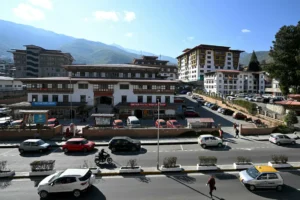
The Modernization Dilemma: Embracing Change in Bhutan
While Bhutan’s GNH framework is admirable, the country faces significant challenges as it navigates modernization.
Technology and Disconnection
As Tandin Phubz, creator of the Humans of Thimpu Facebook page, notes, the influx of modern technology has brought both opportunities and challenges. While connectivity has improved, it has also led to a sense of disconnection from traditional practices and community life.
“With all those gadgets and televisions, people are somehow distracted from this. They tend to forget to do their morning and evening prayers. They’re on the phones watching TikToks, swiping up and down,” says Phubz.
The Influx of Foreign Influence
Bhutan’s cautious approach to globalization is evident in its limited presence of international brands. This is both a reflection of its small market size and a deliberate choice to maintain cultural integrity. Entrepreneur Chokey Wangmo highlights the unlikelihood of global franchises like McDonald’s and Starbucks setting up shop in Bhutan due to the small population and unique market dynamics.
The Role of the Monarchy: Guiding Bhutan Through Change
The Bhutanese monarchy plays a pivotal role in maintaining the nation’s identity and guiding it through modernization.
A King for the People
King Jigme Khesar Namgyel Wangchuck is a beloved figure in Bhutan. His efforts to promote mindfulness and well-being are seen as extensions of the GNH philosophy. The proposed “Mindfulness City” in Gelephu is a testament to his vision of integrating modernity with Bhutanese values.
The Royal Family’s Influence
Portraits of the king and royal family are omnipresent in Bhutan, symbolizing their importance in daily life. The royal family’s humble lifestyle contrasts with the wealthier citizens, reflecting their commitment to serving the people.
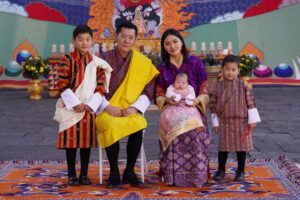
Youth on the Move: Balancing Tradition and Aspirations
Bhutan’s younger generation faces a unique set of challenges as they strive to balance their heritage with their aspirations.
The Lure of Opportunities Abroad
Many young Bhutanese are leaving the country to study and work abroad. This trend, driven by the desire for better opportunities and exposure to different cultures, poses a potential demographic imbalance in the future.
“My worry is after seven years staying in other countries, you are more acquainted with the custom, the habits that you have in different countries, it would be very difficult for them to adjust immediately in Bhutan,” says Temphel, founder of Green Bhutan.
The Challenges of Returning Home
For those who return, reintegration into Bhutanese society can be difficult. The country’s traditional structures and slower pace of life contrast sharply with the fast-paced environments many young people experience abroad.
Bhutan’s Geopolitical Landscape: Navigating International Relations
Bhutan’s unique geopolitical situation shapes its interactions with the wider world.

Limited Diplomatic Presence
Only three countries have embassies in Thimpu, which complicates international relationships. Most diplomatic and trade affairs are conducted through India, reflecting Bhutan’s close ties with its southern neighbor.
The Challenges of Travel
Bhutan’s remote location and challenging terrain make international travel difficult. Paro International Airport, known for its breathtaking yet perilous descent, offers limited connections, restricting Bhutanese citizens’ mobility.
Also Read: https://newsreporto.com/lionel-messis-historic-copa-america-a-journey/
The Economy of Happiness: Striking a Balance
Bhutan’s economy, while growing, faces significant hurdles in balancing development with the principles of GNH.
Economic Constraints
With a per capita income of approximately $1,387, international travel and luxury goods remain out of reach for many Bhutanese. This economic reality underscores the need for sustainable development that benefits all citizens.
Encouraging Entrepreneurship
Local entrepreneurs like Wangmo are crucial to Bhutan’s economic future. By fostering a tourist-centric mindset and promoting local businesses, they help bridge the gap between tradition and modernity.

Social Fabric: The Strength and Strain of Community Life
Community and social connections are integral to Bhutanese culture, but they also bring challenges.
The Role of Community
In Bhutan, community life is strong, with neighbors and extended families playing a significant role in daily life. This close-knit social structure fosters a sense of belonging and mutual support.
Mental Health Awareness
However, the pandemic highlighted the need for greater mental health awareness. At Coffee Cat Café, Wangmo encourages open discussions about mental health, helping to break the stigma and promote well-being.

The Future of Happiness: Navigating the Path Ahead
As Bhutan moves forward, it faces the challenge of maintaining its unique identity while adapting to global changes.
Embracing Change
Wangmo emphasizes the importance of embracing new ways of living and working to keep pace with the rest of the world. This involves adopting modern business practices and fostering innovation while preserving cultural values.
The Role of Faith
Faith and spirituality remain central to Bhutanese life. As the country navigates change, the teachings of Buddhism and the philosophy of GNH will continue to guide its path.
The Ongoing Journey of Happiness
Bhutan stands at a crossroads, balancing the preservation of its rich cultural heritage with the demands of modernization. The story of Bhutan is not just about its Gross National Happiness Index, but about the resilience and adaptability of its people. As they navigate the complexities of the modern world, the Bhutanese continue to strive for a harmonious and fulfilling life, embodying the true spirit of happiness.
https://edition.cnn.com/travel/life-in-bhutan-intl-hnk/index.html


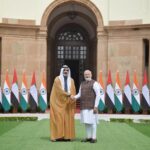




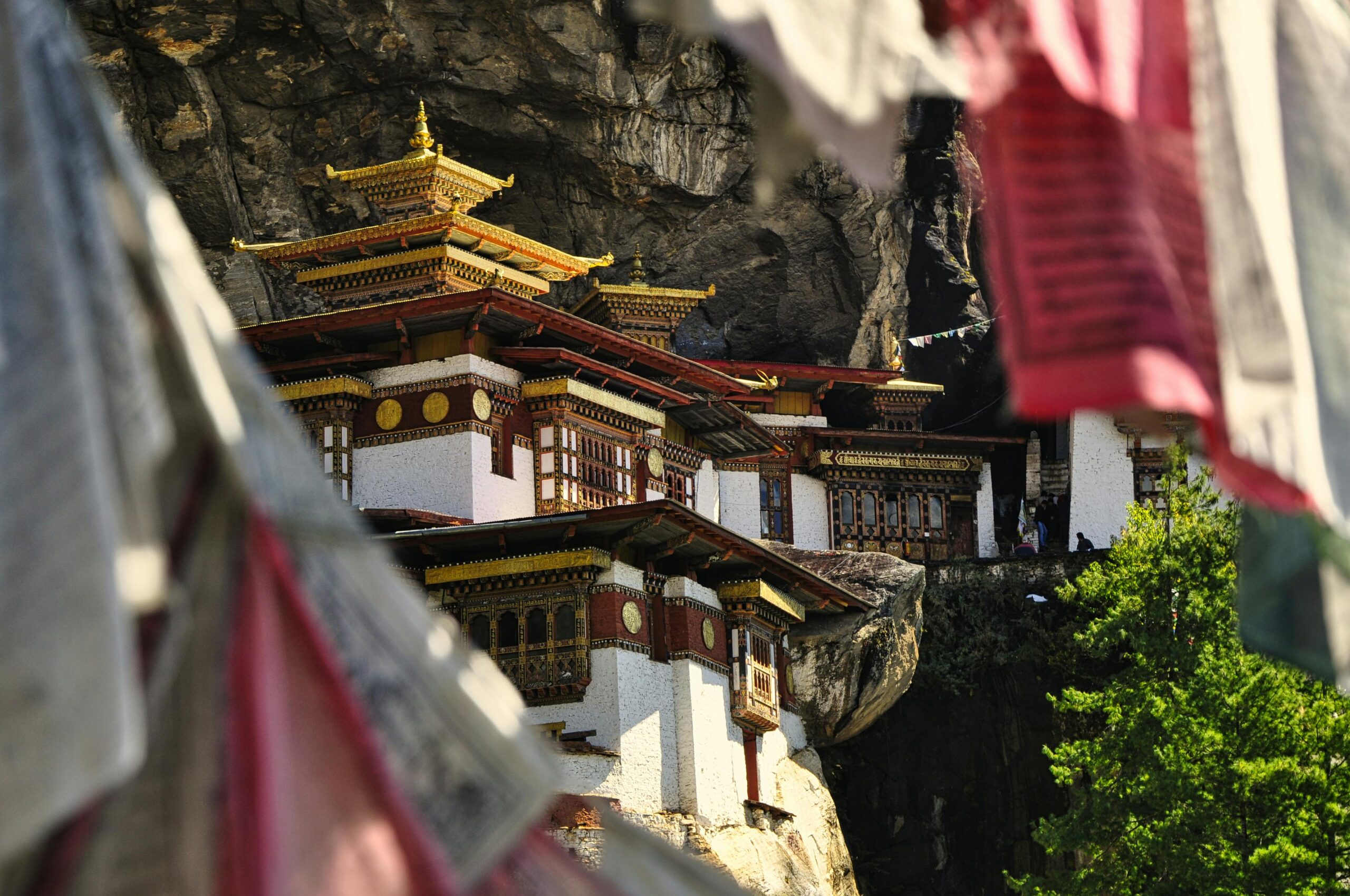

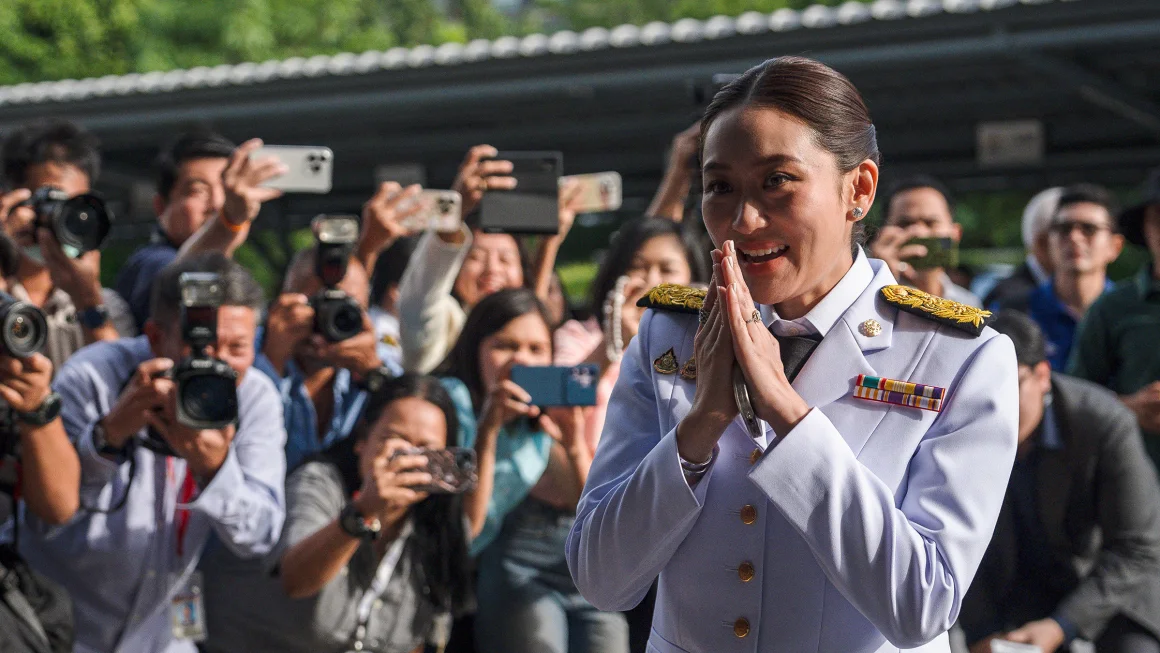
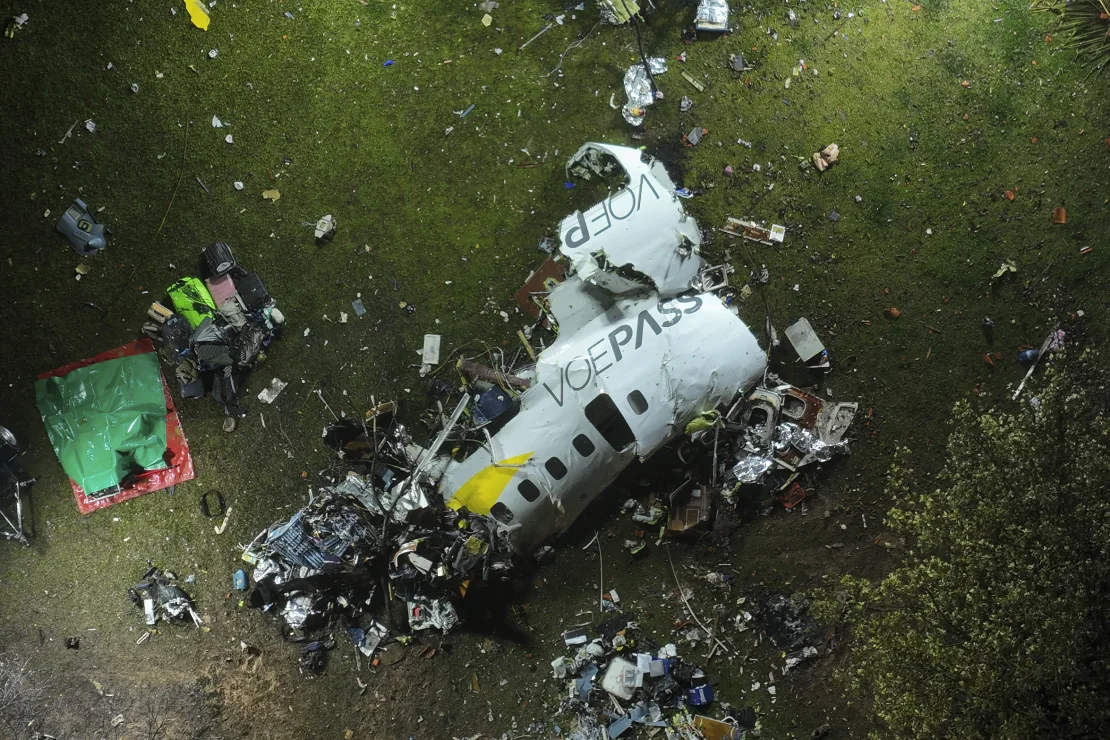
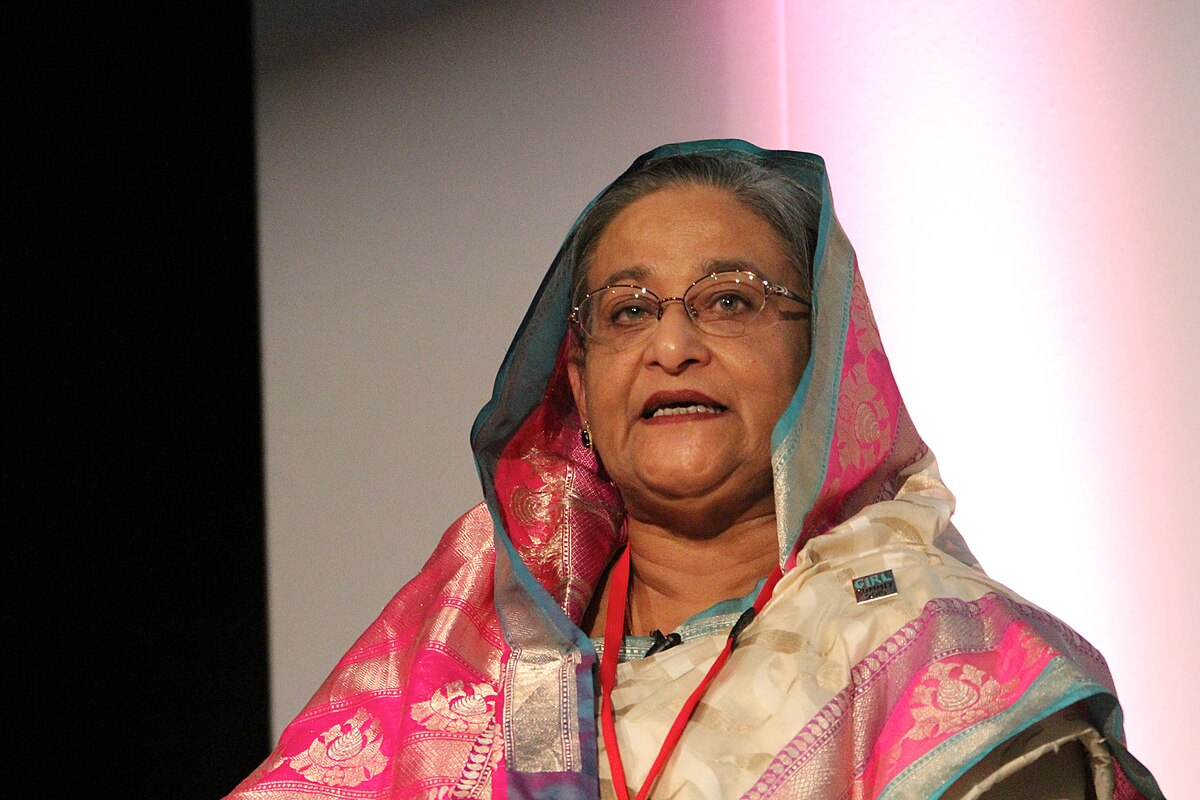
2 thoughts on “Bhutan’s Happiness Paradox: A Journey Beyond the Index”